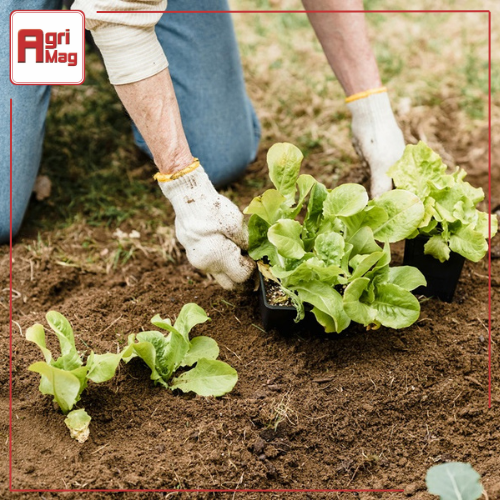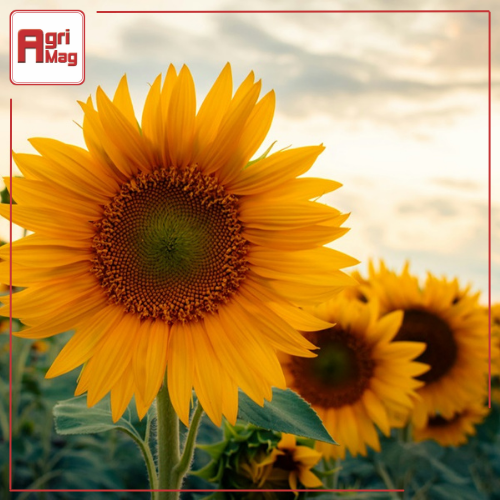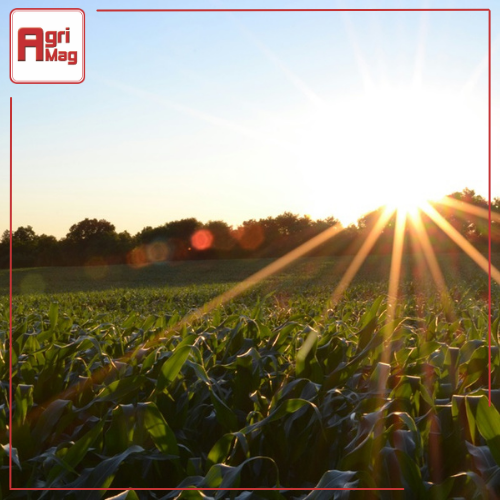
Unlocking the Potential: Regenerative Farming in South Africa
Date: 10/05/2023
Regenerative farming in South Africa is not just a buzzword; it's a movement transforming the agricultural landscape. This approach goes beyond sustainability, aiming to restore and rejuvenate ecosystems while fostering healthier communities. Let's delve into what regenerative farming entails and its impact on South Africa's agricultural sector. Interested in buying farming equipment? For a large selection of tools and machines at reasonable costs, visit AgriMag right now.
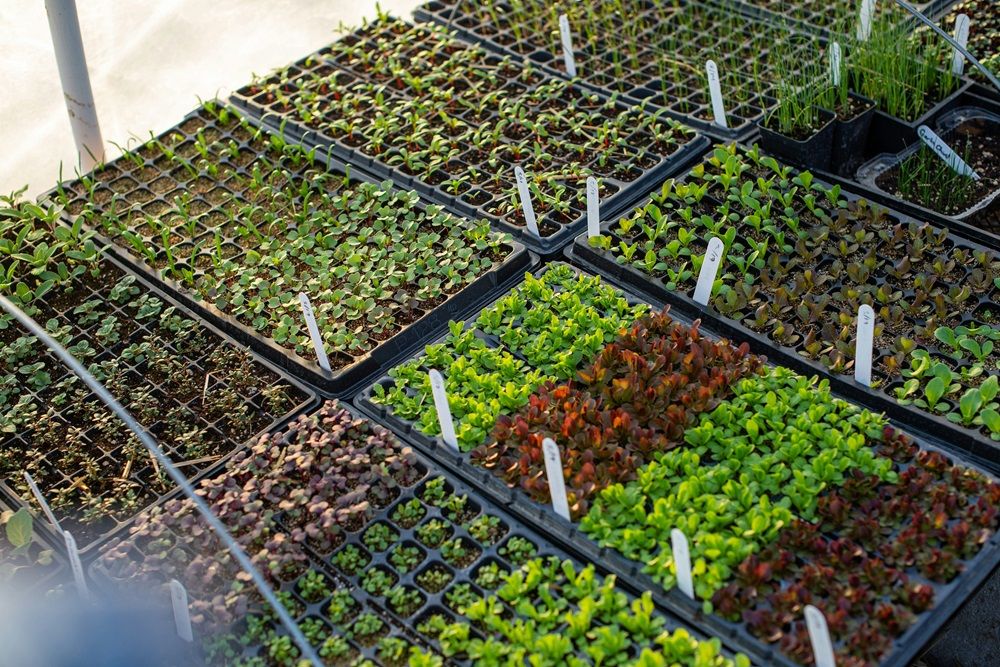 Photo by Zoe Schaeffer on Unsplash
Photo by Zoe Schaeffer on Unsplash
Understanding Regenerative Farming in South Africa
Regenerative farming is a holistic approach to agriculture that aims to mimic natural ecosystems and improve soil health through practices such as cover cropping, crop rotation, agroforestry, and the use of natural fertilisers. By working with nature rather than against it, regenerative farmers can increase the resilience of their farms and mitigate the impacts of climate change.
In South Africa, where agriculture plays a crucial role in the economy and food security, this type of farming offers an opportunity to address environmental challenges such as soil degradation, water scarcity, and biodiversity loss. By promoting sustainable land management practices, regenerative farm can help farmers adapt to a changing climate and improve the long-term productivity of their land.
Read: In the Know: Regenerative Farming Questions and Answers
The Benefits of Regenerative Farming in South Africa:
Soil Health: Healthy soil is the foundation of regenerative farming. By improving soil structure and fertility, regenerative practices enhance water retention, reduce erosion, and increase crop resilience to drought and pests. This is crucial in a country like South Africa, where arable land is limited, and climate variability poses significant challenges.
Biodiversity: Regenerative farming promotes biodiversity by creating habitats for beneficial insects, birds, and microorganisms. Diverse ecosystems are more resilient to environmental stressors and contribute to natural pest control and pollination, reducing the reliance on chemical inputs.
Climate Resilience: With climate change exacerbating extreme weather events, regenerative farming offers a solution for building resilience. Carbon sequestration through practices like agroforestry and no-till farming helps mitigate greenhouse gas emissions, making agriculture a part of the climate solution.
Economic Viability: While transitioning to regenerative practices may require initial investment and changes in management, the long-term benefits are significant. Improved soil health leads to higher yields and lower input costs, ultimately increasing farmers' profitability and resilience to market fluctuations.
Challenges and Opportunities:
Despite its numerous benefits, regenerative farming in South Africa faces challenges such as access to resources, knowledge dissemination, and policy support. However, there are promising initiatives and partnerships emerging to overcome these barriers. Organisations, farmers' associations, and government agencies are increasingly recognising the importance of regenerative practices and providing support through training, funding, and policy incentives.
This type of farming in South Africa holds immense promise for revitalising agricultural landscapes, improving livelihoods, and mitigating climate change. By embracing regenerative principles, farmers can restore the health of the land while ensuring food security and sustainability for future generations. As the momentum behind regenerative farming grows, so does the potential for positive transformation in South Africa's agricultural sector.
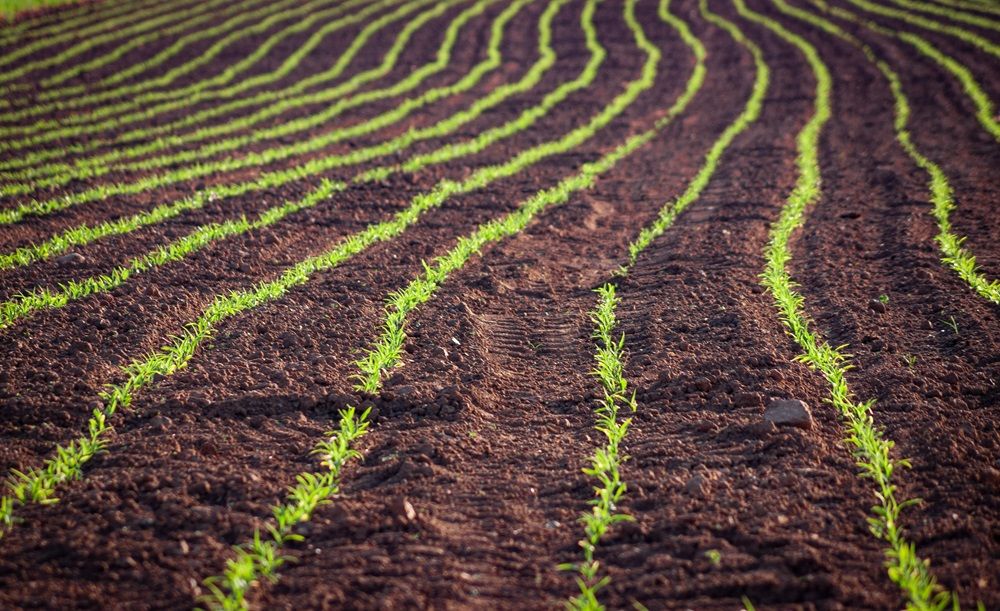 Photo by Craig Cooper on Unsplash
Photo by Craig Cooper on Unsplash
FAQs:
1. What is the difference between regenerative farming and conventional farming?
Regenerative farming focuses on building healthy soils and enhancing biodiversity, whereas conventional farming relies on synthetic inputs and mechanisation.
2. How can farmers transition to regenerative practices?
Farmers can start by implementing small changes, such as cover cropping and crop rotation, and gradually incorporating more regenerative practices into their farming operations.
3. What are the economic benefits of regenerative farming?
It can reduce input costs, increase yields, and improve the overall profitability of the farm in the long run.
4. How does it contribute to climate change mitigation?
By sequestering carbon in the soil, regenerative farming helps offset greenhouse gas emissions and reduce the impact of agriculture on the environment.
5. How can consumers support regenerative farming?
Consumers can support regenerative farming by purchasing products from farms that practice regenerative agriculture and advocating for policies that promote sustainable farming practices.
Overall, regenerative farming in South Africa is not just a trend but a necessity for building a resilient and sustainable future. By prioritising soil health, biodiversity, and climate resilience, regenerative practices offer a path towards thriving ecosystems and communities. It's time to unlock the potential of regenerative farming and cultivate a brighter future for South Africa. Looking to purchase farming equipment? Go to AgrIMag right now for a wide range of tools and machinery at affordable prices.
Categories:
Common category
Category Search:
Latest articles:
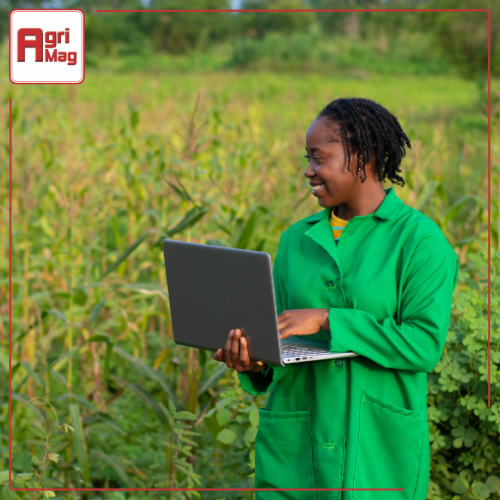
Why Planning Early for the Planting Season Pays Off
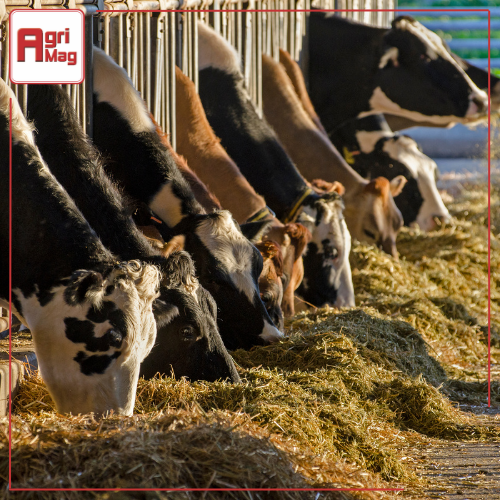
Why Winter Feed Management is Crucial for Livestock Health

How Smart Farming Technology is Revolutionising Agriculture


